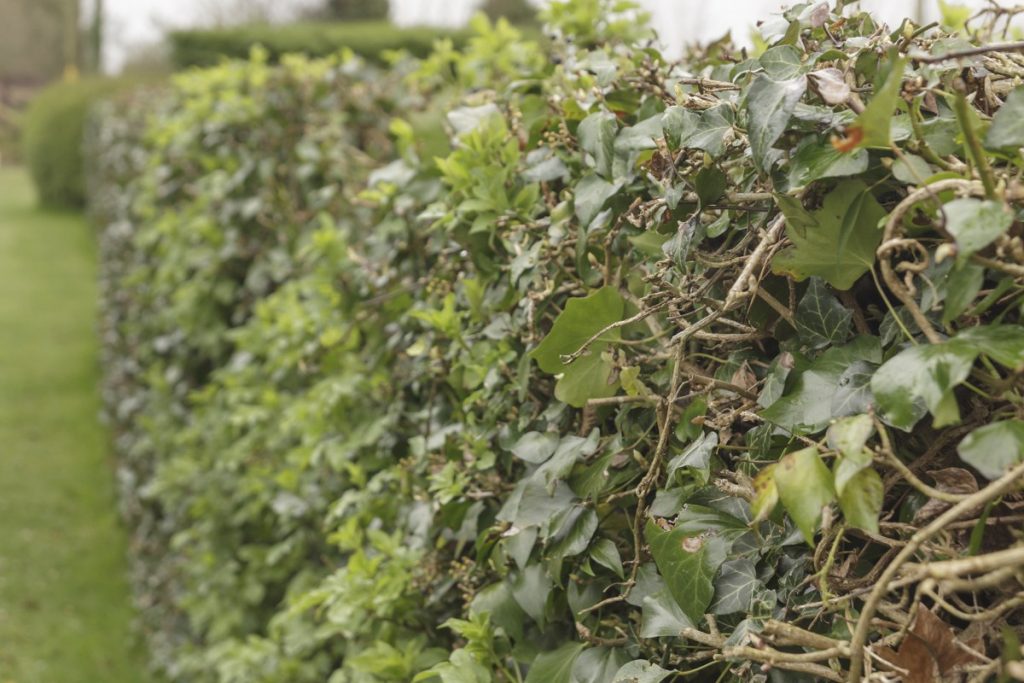Upland burning in March not permitted, Minister confirms

March 1st, 2019
The Minister for Heritage has announced that she will not make regulations to extend the season for the burning of vegetation into March this year following an “exceptionally dry” winter.
The Wildlife Acts currently restricts the cutting, burning or destruction of vegetation on uncultivated land or in hedges or ditches during the nesting and breeding season for birds and wildlife from 1 March to 31 August.
Josepha Madigan opened a public consultation last December on draft regulations under the Heritage Act that sought to extend the open period for the burning of vegetation to include the month of March.
Biodiversity experts raised concerns that such a move would have a devastating impact on breeding birds such as the near extinct curlew that begins its nesting activities in March, as well as other bird species that nest in scrub.
Josepha Madigan yesterday said, however, that she will not make regulations this year as rainfall during the permitted burning period – September 2018 to February 2019 – was significantly below average.
Ms Madigan has previously indicated that granting an extension to the burning period would be conditional on adverse weather conditions that prevent burning during the prescribed open period.
Analysis of Met Eireann data by Ms Madigan’s department showed that the first two months of 2019 were “exceptionally dry” with rainfall almost 30 per cent below the 30-year average.
“Weather conditions would not have precluded landowners from burning vegetation during the six month period… and accordingly there is no basis for me to extend the legal period for burning into March,” Ms Madigan said.
She also noted her concern with the outbreak of a number of serious wildfires across Ireland i the past two weeks, adding that an extension to allow burning in March would be irresponsible at this time.
The burning provision in the Heritage Act will expire after a two-year pilot period although the period may be continued for periods of up to three years by resolution by each House of the Oireachtas.
In a submission to the recent public consultation, An Taisce found that the wording of the regulation would give “excessive legislative powers” to Ms Madigan beyond her legal power or authority.
The charity also argued that the draft regulations, as currently written, would contravene multiple pieces of national legislation such as the 2015 Climate Act, as well as various pieces of EU legislation.

Welcome reprieve
Ms Madigan’s announcement is a “welcome reprieve for our wildlife”, according to Padraig Fogarty of the Irish Wildlife Trust. Mr Fogarty also welcomed the Minister’s “timely condemnation” of the
He added that burning of uplands and land on peat soil should not be permitted in any circumstances and called on the Government to develop a new plan for our uplands to “allow both people and nature to thrive”.
BirdWatch Ireland (BWI) also welcomed the moved and called on Ms Madigan to put in place a licensing system for upland burning that guarantees protection for breeding birds in line with European law.
In 2016 BWI sent a complaint to the European Commission over the State’s failure to protect upland breeding birds and protected habitats from burning activities both within and outside of the closed period. The Commission is currently investigating this complaint.
“Out-of-control fires have also cost the exchequer millions of euro as the fire service is deployed to extinguish them,” the group added. “They can destroy carbon stores of blanket bog and wet heath further impacting climate change, destroy the habitats of nesting birds and other wildlife and impact on air quality of citizens of this state.”

Hedgecutting
The conservation charity pointed out that the cutting of Ireland’s “unique” hedgerows is also not permitted between 1 March and 31 August and called on the Minister to forego her powers under the Heritage Act to change these dates.
Hedgerow trees, shrubs and plants act as an important food source for many birds, pollinators and mammal species, the group said, as well as important nesting sites for endangered species such as the Yellowhammer that breeds until early autumn.
As our hedgerows cover over six per cent – 450,000 hectares – of our land mass, they also act carbon sinks and can help with mitigating climate change. Despite this, BWI said that data from 17 countries indicate that “only one third of hedgerows are in a favourable conservation state”.
[x_author title=”About the Author”]







